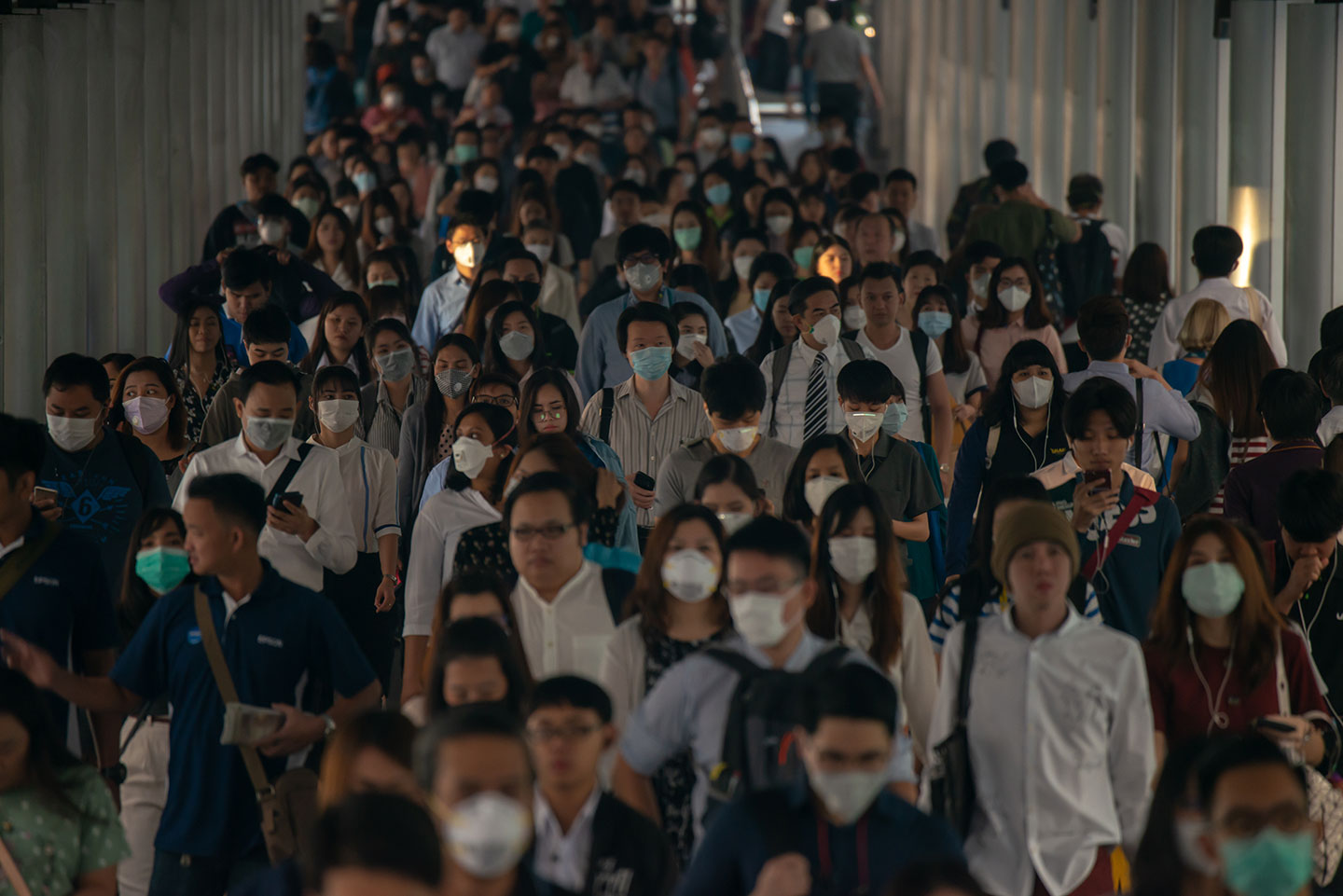A new study has found a positive association between the number of confirmed COVID-19 cases and political approval ratings of the head of government in a particular region. This suggests that incumbent governments may have an advantage in elections held during the pandemic.
It has been published in the prestigious journal Proceedings of the National Academy of Sciences. The paper’s lead and corresponding author, Sam Yam Kai Chi, Associate Professor and Dean’s Chair in the Department of Management & Organisation, tells us more about this study.
Q: You are a business professor, what sparked you to do this study that is more on political sciences?
I don’t see this as a political science paper, but more of a leadership paper. I research leadership so political rating data are in some ways measures of leadership effectiveness. I was surprised when I first eyeballed some of these data back in March and found that many world leaders’ ratings increase despite their poor handling of the COVID-19 pandemic. I decided to look at these data more carefully.
Q: What did you analyse, and what are the findings?
I worked with an international research team for this study. My co-authors come from the University of North Carolina at Chapel Hill; University of Washington; Temple University; Sun Yat-Sen University and Massachusetts Institute of Technology. Together, we analysed over 2 million citizens’ daily approval ratings of their respective world leader. The data was collected from 11 countries/regions – Australia, Brazil, Canada, France, Germany, Hong Kong, India, Japan, Mexico, the United Kingdom, and the United States. For US citizens, they also provided weekly approval ratings of their respective governors across 50 US states. The approval ratings were from the first 120 days of 2020.
We find that many citizens increased their support for their leaders during the pandemic, across regions that are culturally and geographically diverse, and even when they may not like their leaders before the pandemic. There are more nuances beyond just a positive effect of COVID-19 on leader support. We also find that politicians who have handled the pandemic relatively well do not enjoy more support than politicians who have handled it poorly. This effect also seems to transcend political ideology, at least in the US states’ data. In other words, both liberal and conservative governors enjoy an increase in support as the pandemic worsens.




